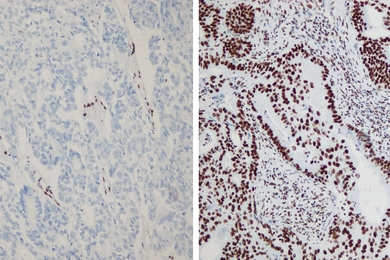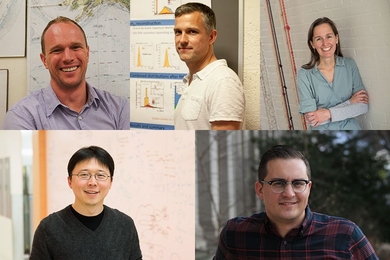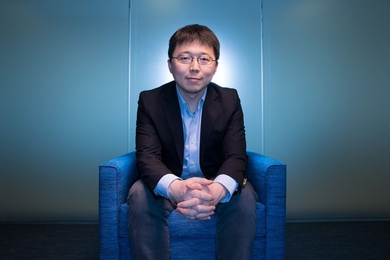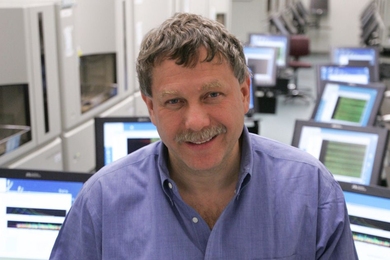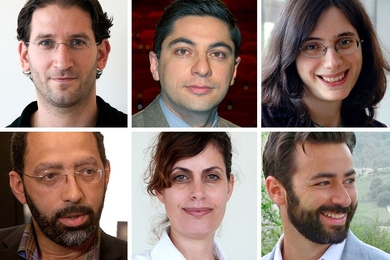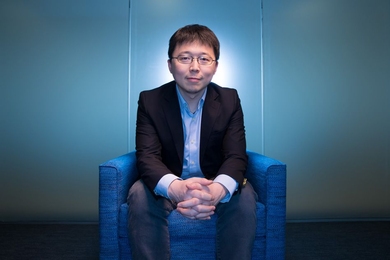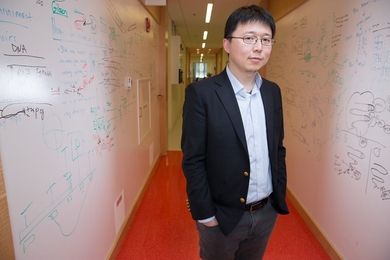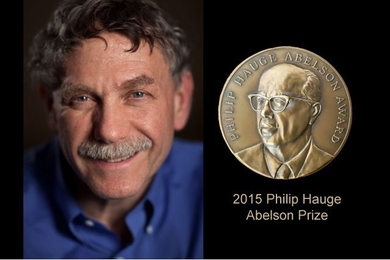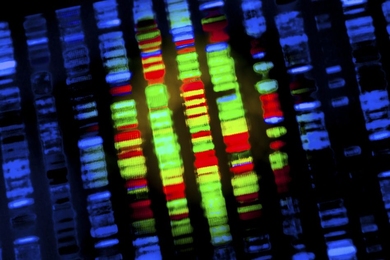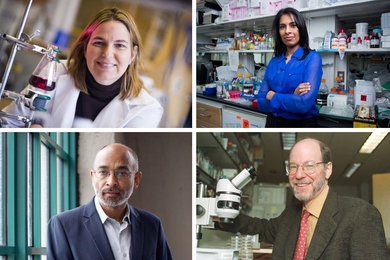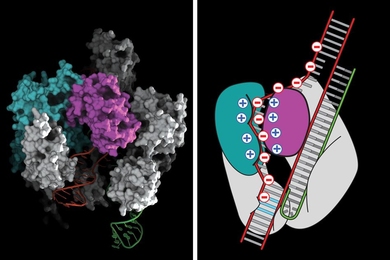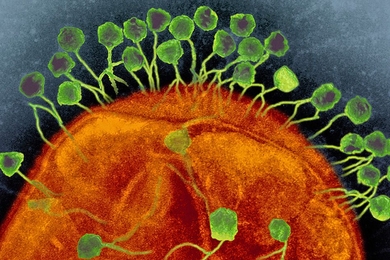Study sheds light on role of mutations in metastasized cancer
Researchers identify genes that mutate in endometrial cancer, create a family tree describing the evolutionary history of the disease.
Feng Zhang named 2016 Tang Prize laureate
Broad Institute/MIT scientist among three honored for CRISPR contributions.
New CRISPR system for targeting RNA
Scientists program C2c2, discovered in bacteria as a viral defense mechanism, to manipulate cellular RNA.
Eric Lander wins faculty’s Killian Award
Biologist honored for his scientific leadership, pioneering work in genomics, and inspiring teaching.
James Collins appointed 2016 Allen Distinguished Investigator
Award will support the engineering of safe, frequently consumed bacteria to detect and kill dangerous bacteria such as those causing drug-resistant infections.
Taking on melanoma, one cell at a time
In step toward personalized medicine, researchers are using single-cell analysis to unravel cancer’s secrets.
Feng Zhang receives 2016 Canada Gairdner International Award
Broad/MIT scientist among five honored as pioneers of CRISPR-Cas9 system.
Toward a better understanding of the brain
Genome-editing pioneer Feng Zhang hopes his work will shed light on neurological disorders.
Eric Lander wins AAAS Philip Hauge Abelson Prize
Professor and director of the Broad Institute honored by the American Association for the Advancement of Science for outstanding contributions to science and society.
Faster drug discovery?
Startup develops more cost-effective test for assessing how cells respond to chemicals.
Four MIT faculty named 2015 fellows of the National Academy of Inventors
Belcher, Bhatia, Brown, and Horvitz recognized for demonstrating a prolific spirit of innovation and invention resulting in a tangible impact on society.
MIT, Broad scientists overcome key CRISPR-Cas9 genome editing hurdle
Team re-engineers system to dramatically cut down on editing errors; improvements advance future human applications.
New system for human genome editing has potential to increase power and precision of DNA engineering
CRISPR-Cpf1 offers simpler approach to editing DNA; technology could disrupt scientific and commercial landscape.

